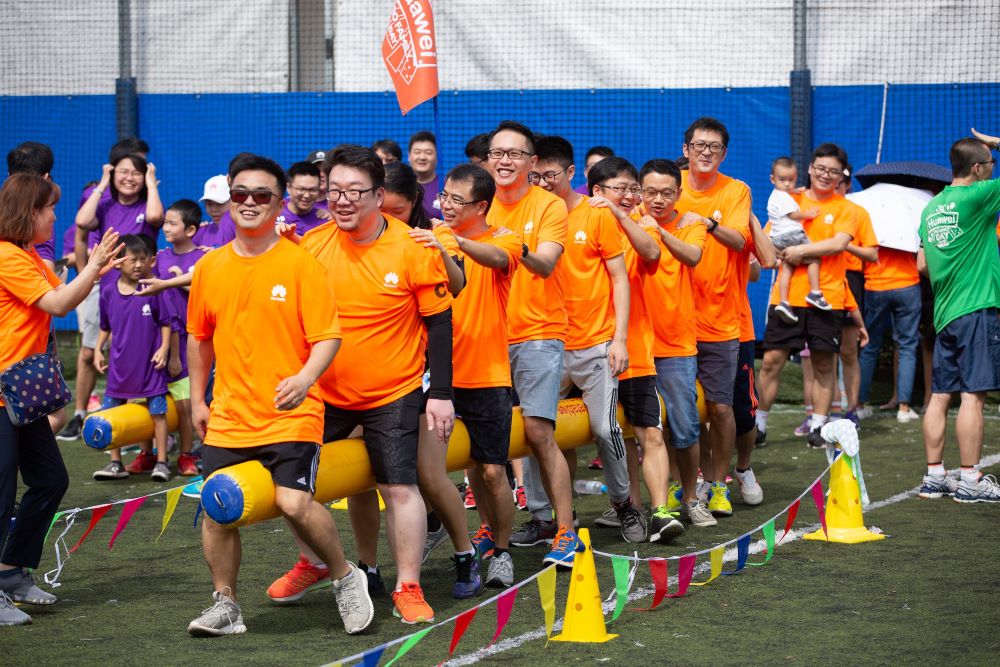The Psychology Exercises Behind Effective Team-Building Activities
Team-building activities are much more than just fun and games—they are strategically designed to enhance teamwork, motivation, and overall group dynamics. The effectiveness of these activities lies in the underlying mind exercises that challenge participants while fostering key psychological principles like motivation, group dynamics, conflict resolution, and flexibility. Let’s explore how these principles come into play and how they contribute to successful team-building experiences.
1. Motivation: Driving Engagement
Motivation is crucial for active participation in team-building activities. When participants are motivated, they are more likely to engage fully, contribute ideas, and work collaboratively. Activities often incorporate elements of competition, rewards, or goal-setting, such as a scavenger hunt with a prize for the winning team. These elements tap into intrinsic motivation, pushing team members to engage more deeply.
Benefit: Motivated teams are more productive and committed, translating this enthusiasm into their daily work.
2. Group Dynamics: Enhancing Team Interactions
Group dynamics refer to the interactions between team members. Effective team-building activities are designed to improve these dynamics, fostering positive interactions and minimizing friction. Activities that assign specific roles or collaborative tasks, such as a team-based problem-solving challenge, help participants understand their strengths and how to work together effectively.
Benefit: Improved group dynamics lead to a more harmonious and cooperative work environment, where teams function more smoothly and efficiently.
3. Conflict Resolution: Navigating Disagreements
Conflict is inevitable in any team, but effective management of these conflicts is key to maintaining team cohesion. Team-building activities often include scenarios that require participants to negotiate or mediate disputes, such as role-playing a workplace disagreement. These exercises teach valuable skills like active listening, empathy, and collaborative problem-solving.
Benefit: Teams skilled in conflict resolution can handle disagreements constructively, leading to a more positive and resilient work environment.
4. Flexibility: Adapting to Change
Cognitive and emotional flexibility are essential for teams to adapt to change and overcome challenges. Activities that introduce unexpected twists or require quick thinking test the team’s ability to remain calm and adjust to new situations. This kind of flexibility is crucial for innovation and success in a fast-paced work environment.
Benefit: Teams that develop flexibility are more adaptable, open to change, and capable of maintaining a positive attitude in the face of challenges.
5. Problem-Solving and Critical Thinking
One of the key components of effective team-building activities is the incorporation of problem-solving tasks. These exercises require participants to think critically, analyze situations, and come up with solutions under pressure.
The Mind Exercise: Activities like escape rooms or scavenger hunts push team members to work together, combining their unique skills and perspectives to overcome challenges. These tasks simulate real-life situations where quick thinking and collaboration are essential, enhancing the team’s ability to solve problems collectively in the workplace.
The Benefit: Engaging in these problem-solving activities sharpens participants’ critical thinking skills and fosters a sense of unity as they work towards a common goal. This improved teamwork translates to better performance in their day-to-day tasks.
6. Creativity and Innovation
Innovation is at the heart of every successful business. Team-building activities that focus on creativity encourage participants to think outside the box and explore new ideas.
The Mind Exercise: Activities such as brainstorming sessions, design challenges, or art-based projects stimulate creative thinking. These exercises encourage teams to break away from conventional thought patterns and explore uncharted territories, sparking innovation.
The Benefit: By engaging in creativity-focused activities, team members learn to appreciate diverse perspectives and approaches. This can lead to more innovative solutions in the workplace, as team members become more comfortable experimenting with new ideas and methods.
7. Communication and Emotional Intelligence
Effective communication is the cornerstone of a successful team. Activities that require clear communication help teams develop better interpersonal skills and emotional intelligence.
The Mind Exercise: Activities like role-playing scenarios, team storytelling, or communication games challenge participants to convey ideas effectively and listen actively. These exercises highlight the importance of non-verbal cues, empathy, and understanding in team dynamics.
The Benefit: Improved communication leads to stronger relationships within the team. When team members understand each other’s communication styles and emotional triggers, they can collaborate more effectively, reducing misunderstandings and conflicts.
8. Decision-Making and Leadership
Every team needs leaders who can make quick, informed decisions. Team-building activities that focus on leadership development help identify potential leaders and improve decision-making skills.
The Mind Exercise: Activities like leadership rotations, decision-making simulations, or strategic planning exercises put participants in leadership roles where they must make decisions for the team. These tasks encourage participants to think strategically, consider the consequences of their decisions, and guide their teams towards success.
The Benefit: Participants gain confidence in their decision-making abilities, and potential leaders emerge. This experience translates to the workplace, where these individuals can take on leadership roles with greater ease and effectiveness.
Conclusion
The mind exercises embedded in team-building activities are designed to foster essential skills like motivation, collaboration, conflict resolution, and flexibility. By engaging in these activities, teams become more cohesive, resilient, and better equipped to achieve their goals. Integrating these principles into your team-building initiatives ensures they are not just enjoyable but also instrumental in driving long-term success.
To head back to read another article in our blog, click here.

